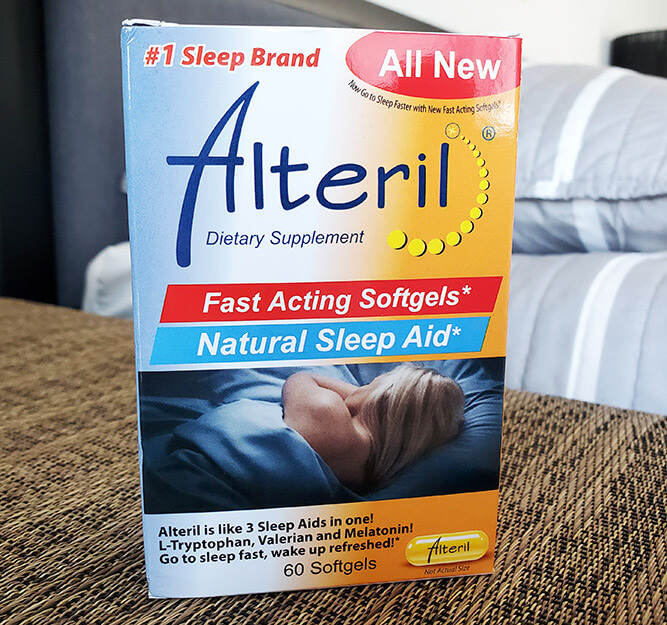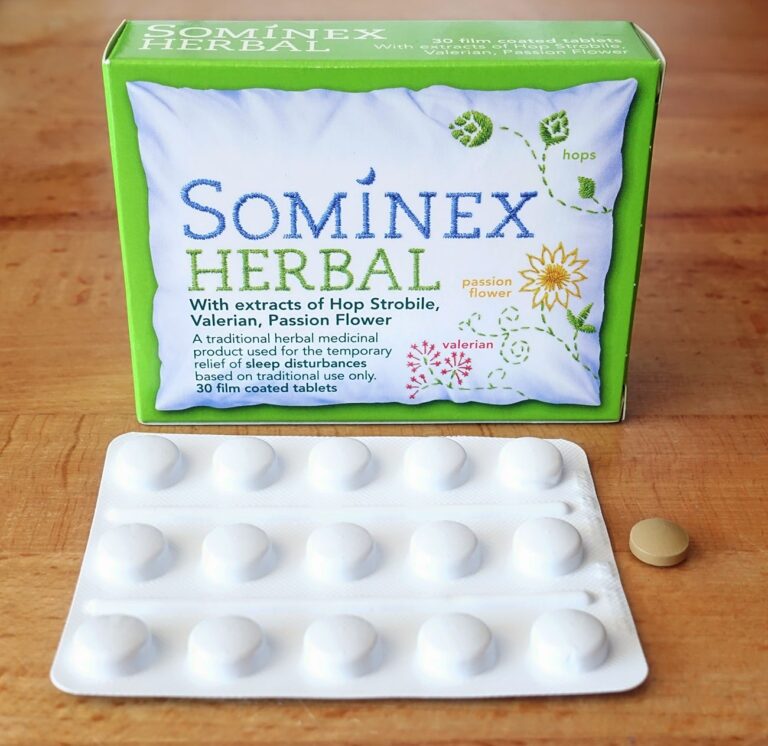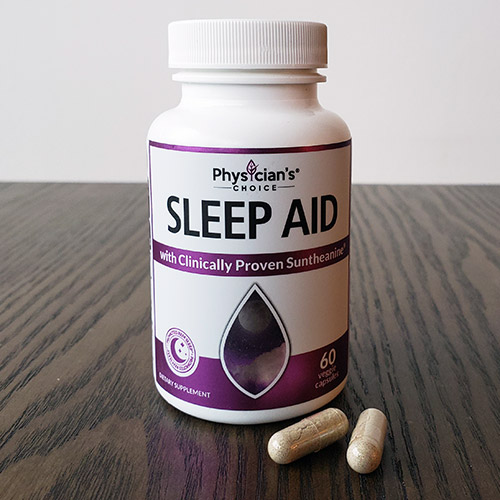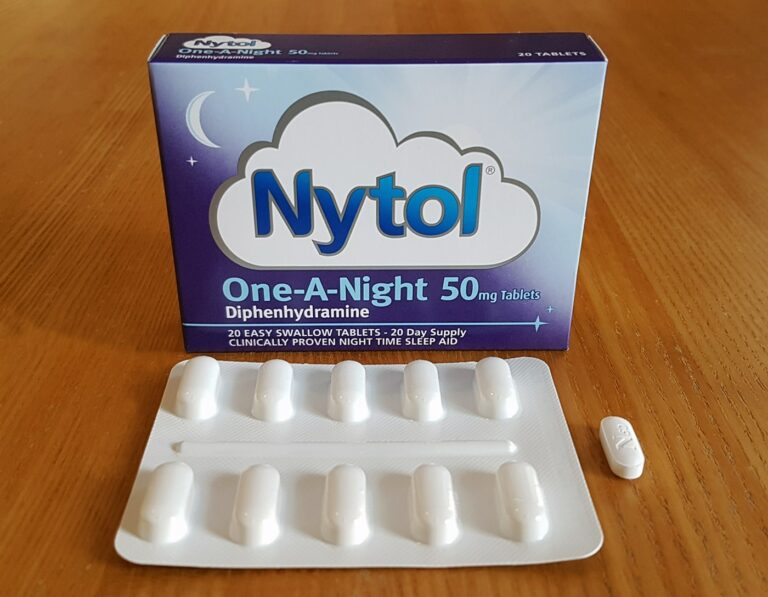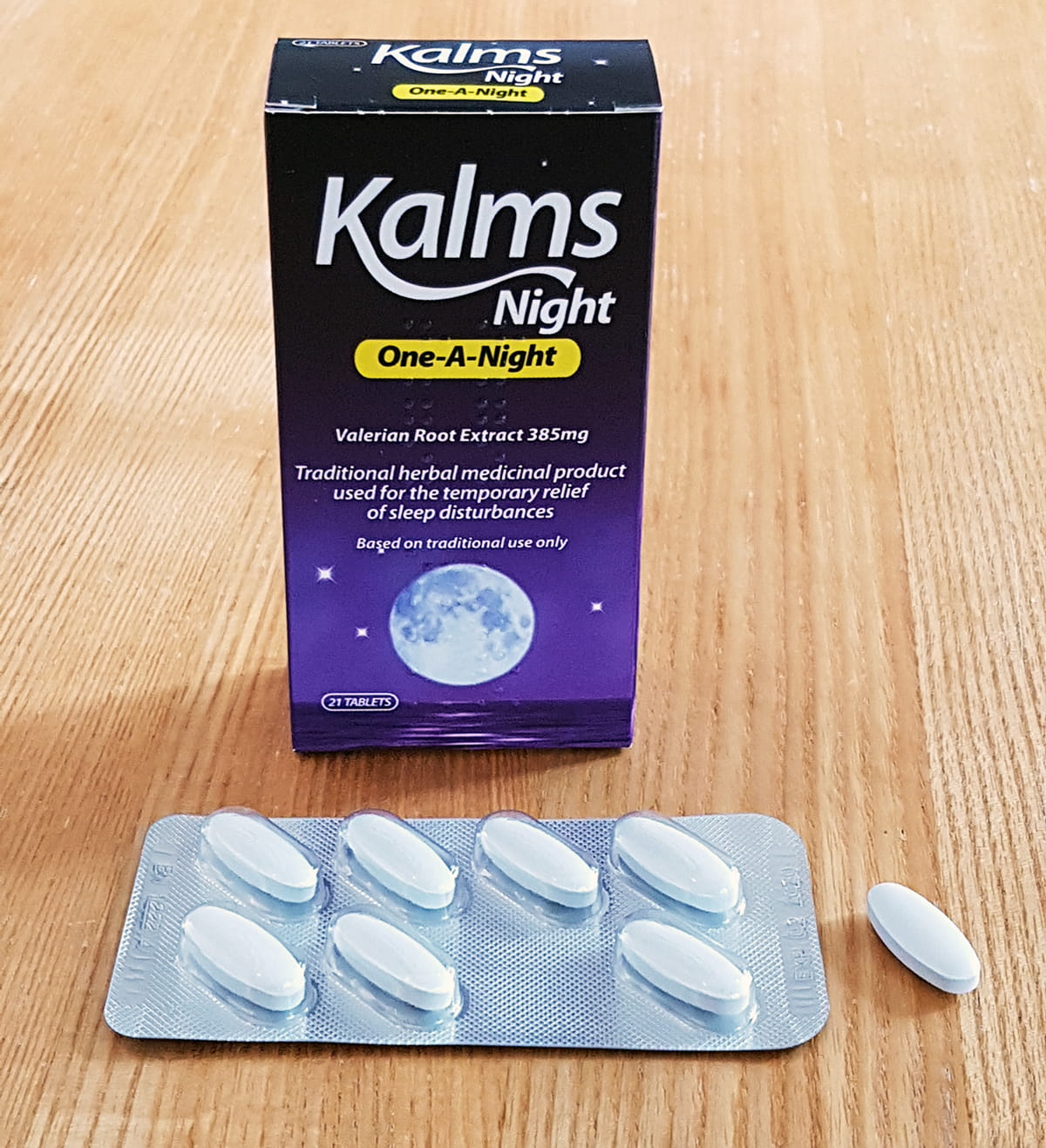
Disclosure: This review is based on my personal experience of Kalms Night One-A-Night Review, and you may have a different experience. Please discuss taking any new sleep aid with a healthcare professional rather than only relying on online sources.
Updates: I first wrote this article in 2014 when I took the Kalms Night. The most recent update in 2024 was to remove the warnings and side effects listed on the leaflet when I bought it as it may have changed over time.
I recently took the Kalms Night One-A-Night sleep aid for a week in the hope that it would help tame the insomnia and anxiety that had crept back into my life.
If you’re interested in trying a herbal remedy to help you relax or sleep better, Kalms is widely available over the counter in the United Kingdom. I’ve seen it stocked in shops and pharmacies such as Boots and Holland & Barrett, for example.
Kalms Night contains valerian root extract as the main ingredient, which is also used in some other sleep aids I’ve tried, such as Sominex Herbal and Nytol Herbal.
My experience
A few months ago, I tried the original Kalms Night version. With that one, you have to take up to four tablets per night instead of just the single one that you take with the aptly named Kalms One-A-Night.
My first impression of the One-A-Night version was that I preferred only having to wash down one tablet. Admittedly, it’s twice the size as each of the Kalms Night tablets, but it’s coated with an artificial sweetener and easy enough to swallow.
Another benefit of it being sweet coated is that you don’t get such a strong valerian taste as you do with similar products, like Nytol Herbal.
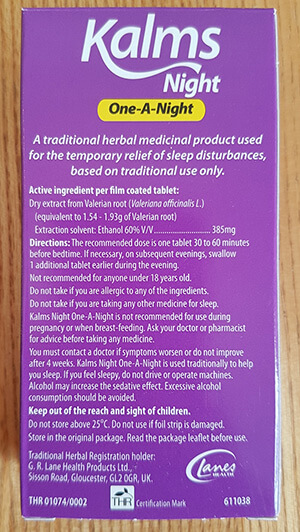
Deciding how well it works
My way of judging how well sleep aids work is subjective because I take them in my natural home setting and observe how I feel. I write notes on how I feel after taking them, how I feel in the morning, and how I feel during the day.
I do use a sleep tracker (a Fitbit Versa in this case) to see how my total sleep time and sleep score look compared to previous weeks. However, I prefer to trust my own observations because sleep trackers aren’t 100% reliable and they can’t tell me if I have any side effects like a headache in the morning.
During the day
I decided to take the Kalms One-A-Night in two different situations to try to really gauge if I could feel any effects – in the middle of the day, and then at night later in the week.
I first tried one in the middle of the day while working on my laptop, for three days in a row. I didn’t notice any sedative effect and I didn’t suddenly become more relaxed after taking them. This doesn’t necessarily mean nothing is happening though as they aren’t meant to knock you out.
It did make me realise that it would be perhaps trickier to judge if they were helping me with anxiety more than sleep though. I’m pretty busy during the day (as is my mind!), so I’m not entirely sure if I’d notice a small effect.
That said, the reality is that I didn’t notice anything happening. Things that stressed me out continued to stress me out. I know they are supposed to be taken at night, but I was curious to see if I would notice a sedative effect when taking them during the daytime. The answer was no.
How I slept when taking Kalms One-A-Night
On the fourth day, I didn’t take a tablet during the day, but waited until bedtime instead, which is when you’re supposed to take the Kalms One-A-Night really. The clue is in the name!
I took one tablet each night before bedtime for three nights in a row, and I do think I felt a mild sedative effect each night. Whether it was a real sedative effect, placebo effect, or tiredness due to not sleeping well lately is hard to say. I did, however, sleep a little better each night than I had done recently.
My thought in the morning was that it had taken me slightly less time to fall asleep, and that I’d slept throughout the night with less wakings on all three nights. My sleep tracker data also appeared to back that up, though the overall sleep time was only better by a few minutes. Still, every minute counts.
I mentioned that I’ve been having sleep problems recently, which I believe has been caused by feeling under a lot of pressure for various life reasons. Maybe the calming effect of the valerian helped me drift off a little easier, even if I hadn’t noticed much of an effect in the daytime earlier in the week.
No side effects for me
I had no noticeable side effects during the week I took Kalms One-A-Night, which is good. I often get side effects with antihistamine sleep aids, such as a dry mouth, headaches, or groggy feelings in the morning. And melatonin also gives me vivid dreams sometimes.
So I was pleased to see that I could take the Kalms One-A-Night without worrying about needing strong coffee or a cold shower to wake myself up properly in the morning.
Do keep in mind that this was just my experience though and some people might have a different reaction to Nytol.
My conclusion
I don’t think the Kalms One-A-Night improved my daytime stress levels, but I do believe I slept slightly better on the nights I took it.
The problem is that it’s so hard to tell whether something which is only meant to have a light effect is actually working or not. As I said, it could be a placebo effect, which has been demonstrated in research studies as a real effect for various health concerns.
It could also be a combination of the placebo effect and any other steps you’re taking to cope with anxiety or sleep problems.
Eight years later – trying it again
I originally published this article way back in 2014, which is when I first took the Kalms Night One-A-Night. Eight years later, in April 2022, I saw it on a local supermarket shelf and decided to give it another go.
The packaging and information were similar to when I first took it, with the same ingredients. The effect it had on me was very similar too. This time, I used the latest version of the Fitbit, the Fitbit Versa 3. The sleep tracking has improved, so it was interesting to see if it would show any objective improvement in my sleep.
I took it for a week again, and the effect was very similar (as far as I can remember): I felt no sedation during the daytime or reduction in stress levels. However, I do think I felt slightly more relaxed when going to sleep, with both my mental observations and sleep tracker data suggesting a slight improvement in the time it took me to fall asleep, as well as the total sleep time.
Nothing miraculous, with no more than ten minutes more sleep on average each night. Still, that’s ten minutes I’ll gladly take.
Further information
Who makes it?
Kalms is a brand owned by the UK company Lanes Health, which has been operating for over 90 years. They also own several other health product brands, such as Pro Plus and Olbas. You can find out more about them on Laneshealth.com (not a sponsored link).
The five types of Kalms
There are five different types of Kalms. The first two are intended for anxiety during the day, the two night versions to help with sleep, and the latest one is for fatigue.
1. Kalms Day
Kalms Day is made to help with mild anxiety. The ingredients are valerian and hops.
2. Kalms Lavender
Kalms Lavender is a capsule containing lavender oil 80 mg, and is intended to help with anxiety.
3. Kalms Night
Kalms Night is intended to help you sleep. Each of the 4 pills that Kalms recommends as a single dose contains valerian root extract 96 mg.
4. Kalms Night One-A-Night
Kalms One-A-Night is a single pill containing valerian root extract 385 mg.
5. Kalms Rhodiola
Kalms Rhodiola was created to help with stress-related symptoms, such as fatigue, exhaustion, and mild anxiety. It’s in tablet form, containing the root of the Rhodiola rosea plant.
You can find out more about the different products on the Kalmsrange.com website (not a paid link).
What evidence is there that Kalms One-A-Night work?
Because it’s classed as a herbal remedy/supplement, UK law doesn’t require Kalms to undergo the same rigorous clinical trials as prescription sleeping pills. The same applies in the United States, for example, where supplements don’t need to be passed as safe and effective in clinical trials either.
So, no scientific research on the effectiveness or safety of Kalms has been done.
However, the gov.uk website does show that Kalms One-A-Night has been granted a traditional herbal registration.
What evidence is there that valerian works?
An alternative avenue to explore is whether the ingredient valerian has been found in any other research to help with sleep. The answer, according to the research studies I’ve read, could be briefly summarised as ‘sometimes’.
Interestingly, in 2020, a team of researchers in Japan and the UK conducted a meta-analysis of many previous studies of valerian’s effectiveness for sleep and anxiety to work out why the evidence is so inconsistent.
They suggested that the variable results could be explained by researchers using different quality valerian extracts in each study. They have one positive conclusion that gives some room for optimism:
In conclusion, valerian could be a safe and effective herb to promote sleep and prevent associated disorders. However, due to the presence of multiple active constituents and relatively unstable nature of some of the active constituents, it may be necessary to revise the quality control processes, including standardization methods and shelf life.
Shinjyo et al.
Ingredients
The instruction leaflet that came with the Kalms I bought listed the active ingredient as:
- Valerian root extract 385 mg (equivalent to 1.54-1.93 g of valerian root).
The other ingredients were:
- Extraction solvent: Ethanol 60% v/v.
- Excipients: Maltodextrin, Colloidal Anhydrous Silica.
- Core: Croscarmellose Sodium, Magnesium Stearate, Silicified Microcrystalline Cellulose, Talc and Silicon Dioxide.
- Coating: Hypromellose, Talc, Titanium Dioxide, Macrogol, Saccharine Sodium.
Warnings and side effects
I removed the list of side effects and warnings that were on the leaflet I bought because they may not be the same all these years later.
What I will say is that Kalms does advise that certain groups of people should avoid it. So it’s wise to consult a healthcare practitioner first to check that it’s safe and appropriate for you personally.
If you do take it, be mindful of any new symptoms and consult a doctor if you feel unwell.
To find out more about the potential side effects of valerian, take a look at the WebMD.com article on valerian or the Rxlist.com article.

